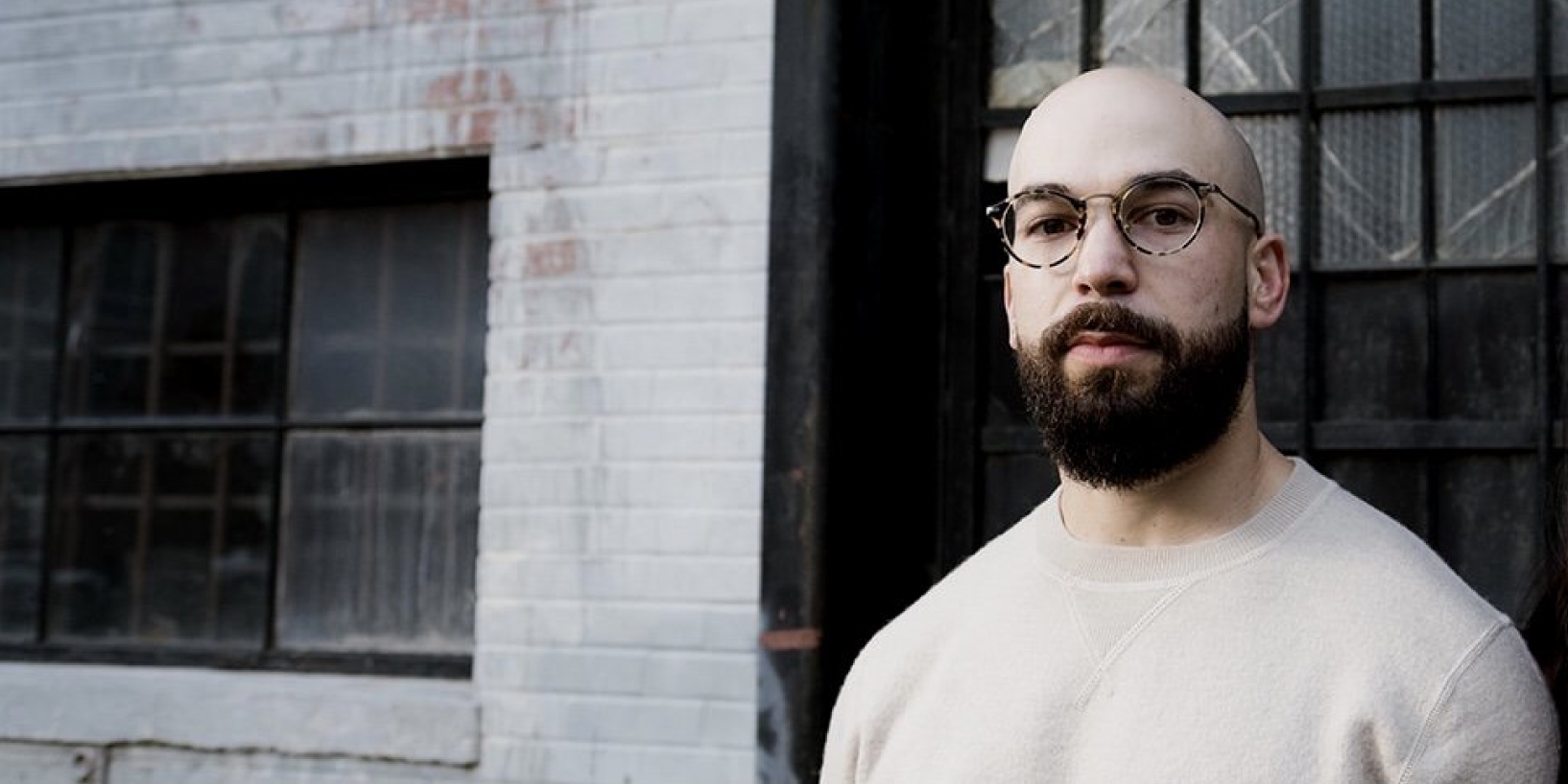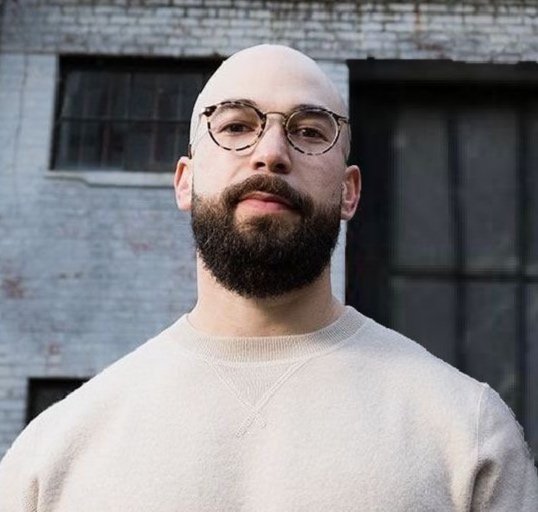A Moment with Félix Manuel Chinea is part of our interview series featuring thought leaders in research and healthcare. Each interview includes 7 short and stimulating questions.
Félix Manuel Chinea is a medical doctor by training with expertise in health disparities, health equity, and clinical research. Through this work, he highlighted the need for disaggregated data within the Latine community to address disparities in prostate cancer outcomes. For more from Félix, find him on Twitter.

1. Tell us something we don’t know. (Anything!)
Those who know me already know that I’m Puerto Rican. What most folks don’t know is that my family is from Vega Alta, PR. The town is located in the middle of the island’s northern coast and is also the hometown of Lin-Manuel Miranda’s family. Being Puerto Rican comes with immense pride, but there is also much pain that comes with living through the effects of ongoing U.S. colonization. I’m given much hope for the future through the work of grassroots organizations like ConPRmetidos.
2. Which fiction book would you recommend to researchers and innovators in healthcare, and why?
I would definitely recommend Lakewood by Megan Giddings for all healthcare professionals. Although it’s a fictional story, it touches on the very real history of medical experimentation and dehumanization of Black, Indigenous and people of color (BIPOC) patients in the United States. When developing patient insights and new solutions, it’s critically important to build trust with communities. In order to build that trust, clinicians, researchers, and healthcare innovators must develop an understanding of existing historical and social contexts.
Learning about medicine’s history of racism can help provide a better understanding for the mistrust that exists across communities today. That context must influence the solutions we invest in and how we design them.
3. What are you working on right now that you’re excited about?
I started my current role in May 2021, so much of my focus has been working with leaders inside and outside our organization to build the foundation for what Diversity, Equity, Inclusion and Belonging (DEIB) means at Doximity. Now that we have started to lay the groundwork, I’m most excited about continuing my collaboration across the company to ensure equity is centered in what we do as a health tech organization.
As we begin to make our platform more inclusive and develop telehealth equity features, we’re also engaging in discussions about equitable product design frameworks. By utilizing DEIB principles in our product design process we can prioritize digital health equity. This approach, which seeks to improve representation and invest in a culture that values lived experiences, allows us to bring an authenticity to the traditional focus of DEI by empowering historically marginalized voices to influence our products.
4. Who’s doing something that you admire in healthcare today, and why is it so cool?
This is a really tough question because there’s so many folks doing great work right now, especially in the health equity space. If I had to choose one person, it would be Dr. Aletha Maybank who is the Chief Health Equity Officer at the American Medical Association (AMA). Her team’s deeply thoughtful work to guide the AMA on a path toward health equity, by grounding its work in uncomfortable truths and developing a shared language rooted in justice, provides a roadmap for all other organizations.
5. What’s the biggest barrier to getting things done in your line of work?
There can be a lot of barriers to getting things done as a DEI professional. I think an important thing to understand about this work is that there is always something we can change and improve. Starting with that reality means that we have to avoid feelings of urgency around work that we are passionate about and is so deeply personal to many of us who also hold historically marginalized identities. Approaching issues and opportunities with urgency can create a pattern of action bias that leaves less room for us to explore deeper, more wide-spread solutions. It is important for DEI professionals to take time to develop a larger vision of why their organization is doing this work and approach solution development through a systems-thinking lens. This type of approach helps us embed equity throughout the business rather than creating empty marketing campaigns lacking real culture change that centers historically marginalized perspectives.
6. Imagine you win an award for impacting healthcare. What did you do?
I hope to make an impact in healthcare by developing a systems-level framework to embed DEI principles in advancing digital health equity. This work is not and should not be something done by one person or a single organization. So I hope to help create a rigorous and experimental approach that measures the success of initiatives and programs. These learnings would be shared with and iterated on by a community of DEI and health equity leaders. By investing in such a shared growth model, we can collectively create change and establish new industry incentives that improve digital health for all patients.
7. What advice would you give innovators in healthcare?
For folks looking to innovate in healthcare, I would recommend they start engaging in collective change work. There are a lot of BIPOC and women health equity leaders with many years of lived, educational, and work experience that have been ignored and underutilized. Creating authentic health equity solutions means centering voices that come from these communities through building trust and increasing workforce diversity, both of which require investing in long-term relationships.
Félix Manuel Chinea

Félix is a Puerto Rican military brat raised in the South and currently growing roots in Durham, North Carolina with his amazing wife, Raha, and lovable dog, Âbi (aw-bee), which means blue in Farsi.
He’s a medical doctor by training with expertise in health disparities, health equity, and clinical research. Through this work, he highlighted the need for disaggregated data within the Latine community to address disparities in prostate cancer outcomes. Similar to many BIPOC physicians, he felt that academic medicine was not aligned with him thriving and impacting healthcare in the way he wanted.
Seeing the tech industry as a potential solution, he made his way into digital health. Félix’s experience with Black and Latine medical student organizations and health equity work has allowed him to transfer his knowledge and skills to make a positive impact in private industry and digital health. Whether it’s courageous conversations with senior leaders, organizing employee resource groups, or discussing equitable product design, he has always been a persistent and thoughtful advocate for diversity, equity, and inclusion (DEI). Taking on a more formal DEI role in health tech represents over 10 years of learning, organizing, outreach, and strategy.